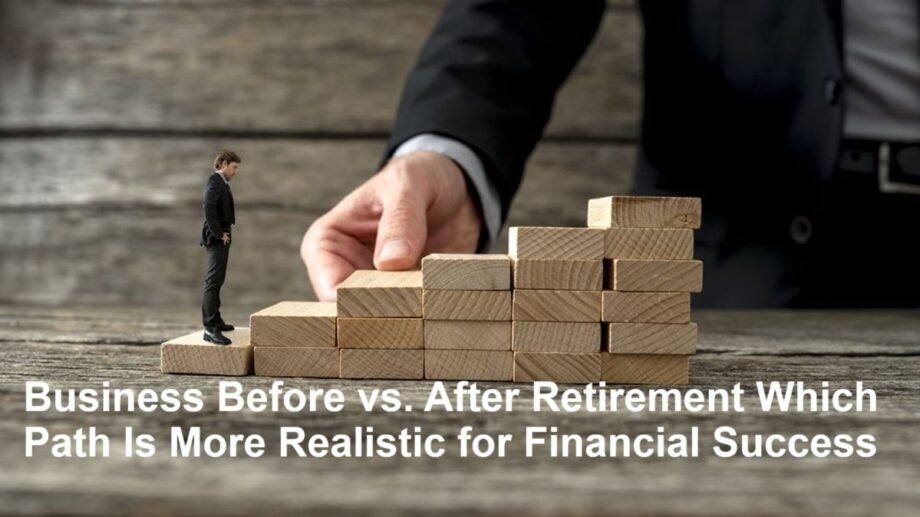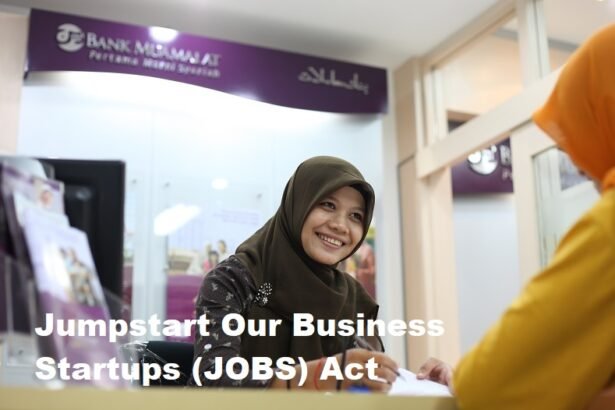Starting a business can be a strategic way to achieve financial independence, but the question many face is whether it’s more realistic to establish a business before or after retirement. Both options offer unique opportunities and challenges, and understanding these factors is essential for making a well-informed decision. This article explores the pros and cons of starting a business at different life stages, supported by expert insights and practical considerations.
The Case for Starting a Business Before Retirement
Starting a business before retirement can provide a strong financial foundation and the opportunity to build wealth over time. Many professionals choose this path for several reasons:
- Steady Income Stream: Having an active business generates income that can supplement savings and pensions.
- Time to Grow the Business: Younger entrepreneurs generally have more energy and time to dedicate to building their venture.
- Experience and Network Leverage: Those still employed often use industry experience, skills, and professional contacts to gain a competitive edge.
- Reduced Financial Pressure: With a salary from a primary job, the risk associated with the new business may feel more manageable.
However, managing a business alongside a career can be stressful and time-consuming, potentially impacting work-life balance.
Exploring the Realities of Starting a Business After Retirement
On the other hand, starting a business after retirement is gaining popularity as retirees seek meaningful activities and supplemental income. This approach has distinct advantages:
- More Free Time: Retirees typically have fewer daily obligations, allowing them to focus on their business ideas.
- Pursuit of Passion Projects: Many retirees choose businesses aligned with personal interests, which enhances fulfillment.
- Financial Buffer from Retirement Savings: Access to pensions or savings can provide capital to invest without the pressure of immediate returns.
- Flexible Schedule: Entrepreneurs can set their own pace, which suits varying energy levels and lifestyles.
Still, challenges exist, such as adapting to new market trends and the physical demands of running a business later in life.
Comparing the Risks and Benefits
Choosing whether to start a business before or after retirement depends on individual circumstances, including health, financial status, and goals. Here’s a quick comparison:
| Aspect | Business Before Retirement | Business After Retirement |
| Financial Stability | Often more stable with regular income | Relies more on savings and retirement funds |
| Energy and Time Availability | Limited due to job and other responsibilities | More free time, but potential health concerns |
| Market Adaptability | Easier access to current networks and trends | May require learning new skills and tech |
| Stress and Commitment | Higher due to juggling multiple obligations | Generally more relaxed and passion-driven |
Expert Opinions and EEAT Considerations
Financial advisors and business experts suggest that planning and realistic assessment are critical regardless of when you start. They emphasize:
- Conducting thorough market research.
- Building a support system including mentors, family, and advisors.
- Considering the long-term sustainability of the business.
- Evaluating personal health and energy levels to maintain business operations.
These expert-led guidelines align with EEAT (Expertise, Authoritativeness, and Trustworthiness) principles, ensuring that readers make informed, credible decisions.
Practical Tips for Aspiring Entrepreneurs
Whether before or after retirement, aspiring business owners should:
- Start with a clear business plan outlining goals and financial projections.
- Assess personal risk tolerance and investment capacity.
- Utilize available resources such as small business grants or retirement funds cautiously.
- Seek continuous learning opportunities to stay updated with industry changes.
- Prioritize work-life balance and self-care to sustain motivation.
Conclusion
The decision to start a business before or after retirement is highly personal and depends on various factors including financial resources, lifestyle preferences, and long-term goals. Both approaches are realistic and viable when backed by proper planning and expert advice. Whether you opt to build a business during your working years or embrace entrepreneurship as a retiree, success lies in preparation, adaptability, and passion.








